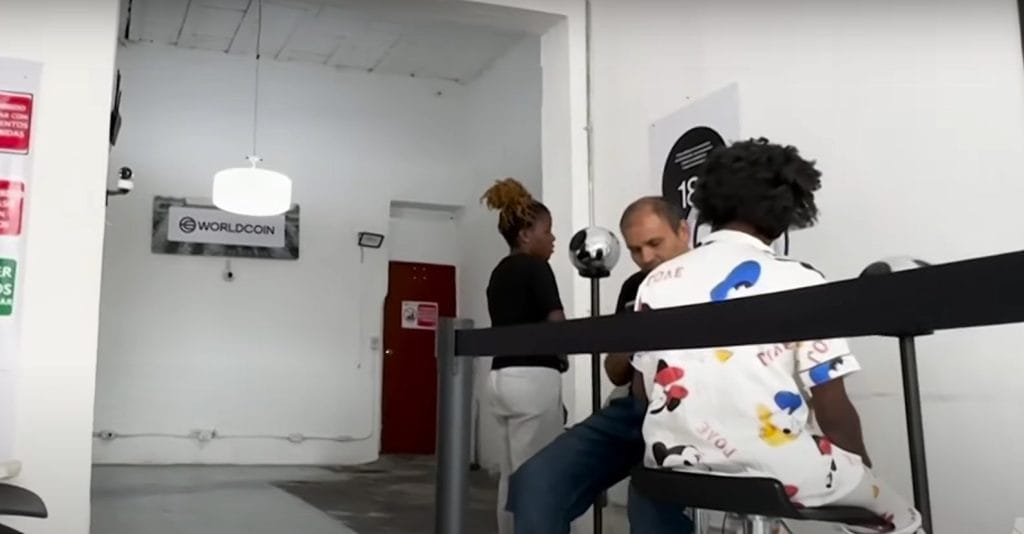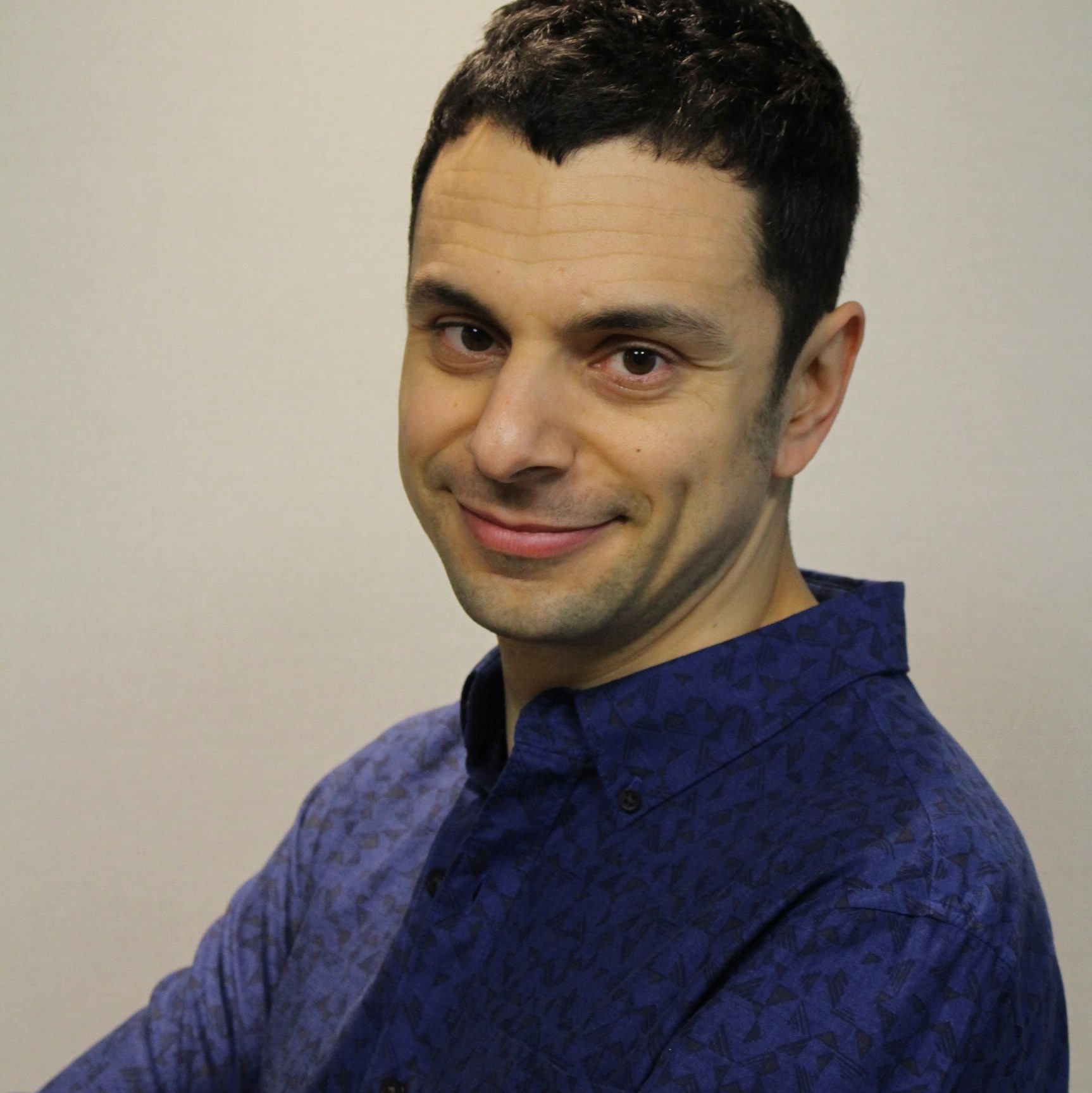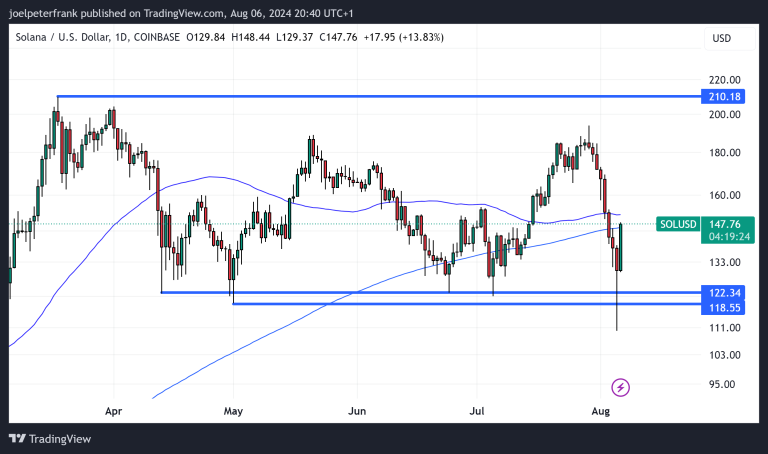Last updated:
 Why Trust Cryptonews
Why Trust Cryptonews

Experts have issued a Worldcoin warning as the project’s operator Tools for Humanity continues its expansion into Mexico.
On October 5, Mexican media outlets such as Diario de Puebla reported that Worldcoin has launched new World ID services and facilities in Puebla, a major city in east-central Mexico.
Worldcoin now has four centers in Puebla, as well as ID verification services to ensure users are aged 18 or over.
Mexico: Worldcoin Warnings Amid LATAM Expansion
The company will also use its services to ensure that only “unique human beings” receive World IDs.
However, security and IT experts have expressed caution, with Worldcoin still battling regulatory issues in Mexico and the wider LATAM region.
“Worldcoin is operating in areas where people may be in more desperate situations and have fewer legal protections. It’s understandable why many leaders find this concerning. However, I want to emphasize that developing a blockchain-powered identity system doesn’t have to be done this way.”
Evin McMullen, co-founder and Chief Strategy Officer, Privado ID
Per UNO TV, Carlos Tlahuel, a security expert at the National Autonomous University of Mexico, urged people in the country to be “wary of the manner way in which their personal data is processed by companies.”
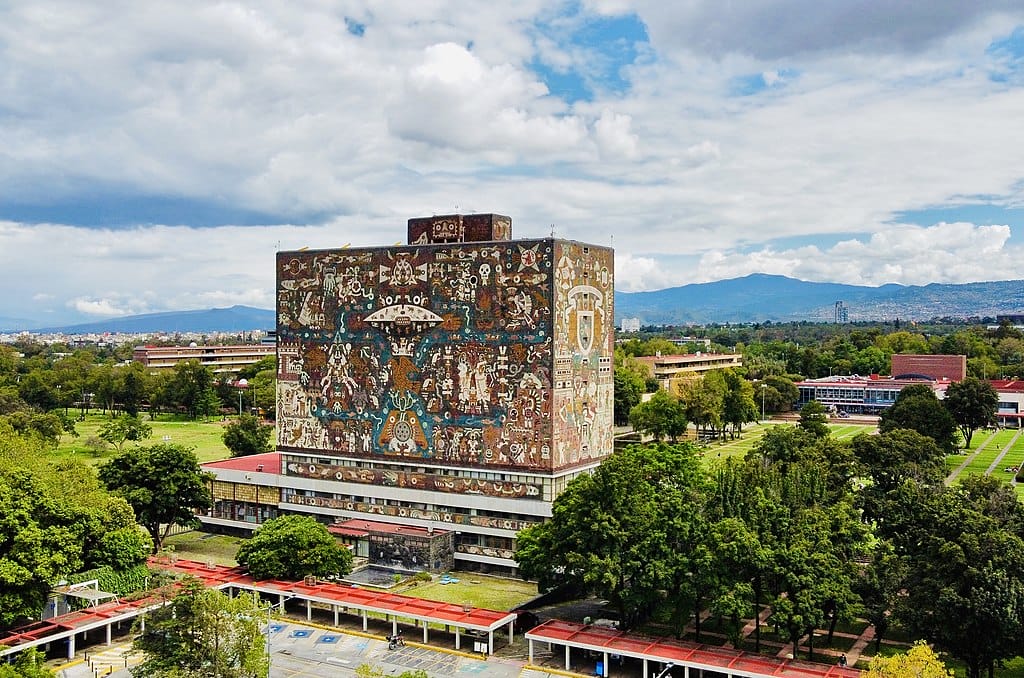
He said that people should ask themselves “whether it is really necessary to provide” firms with biometric data, and ask themselves “why firms are asking for it.”
“In Mexico […] we need citizens to be more demanding […] and to question whether it is really necessary to provide the data that is sometimes requested to access a service. In many instances, this data is dispersed. The data can sometimes be used for [unsavory] purposes.”
Carlos Tlahuel, security professional at the National Autonomous University of Mexico
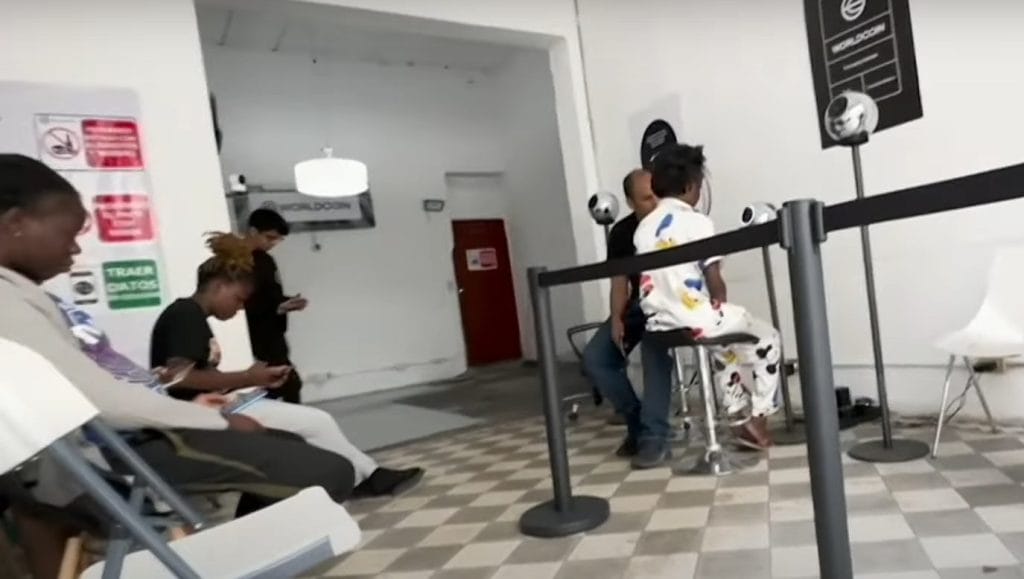
Some suggest that Worldcoin has specifically targeted growth in LATAM due to possible regulatory hurdles elsewhere.
Evin McMullen, co-founder and Chief Strategy Officer at the digital identity company Privado ID, told Cryptonews.com:
“New technology designed to secure the identities of the entire internet should be built by empowering all communities. Worldcoin doesn’t operate in the US or most of the EU. It’s worth noting that those regions have meaningful financial resources and strong personal data protections and represent significant usership and value in digital spaces. This makes collecting biometric data expensive and legally complex there.”
Worldcoin has responded to criticisms by rolling out ID verification solutions to ensure it does not collect biometric data from minors in many LATAM locations.
“All institutions must make statements explaining why personal data is collected and what it will be used for. Biometric data obviously needs special treatment, and [Worldcoin] has not explained why it requires it. This lack of transparency generates speculation. And some countries do not look upon this project with favor.”
Carlos Tlahuel, National Autonomous University of Mexico
News outlets in Mexico have claimed that many of the people handing over their biometric data in Mexico are immigrants from nearby nations like Colombia.
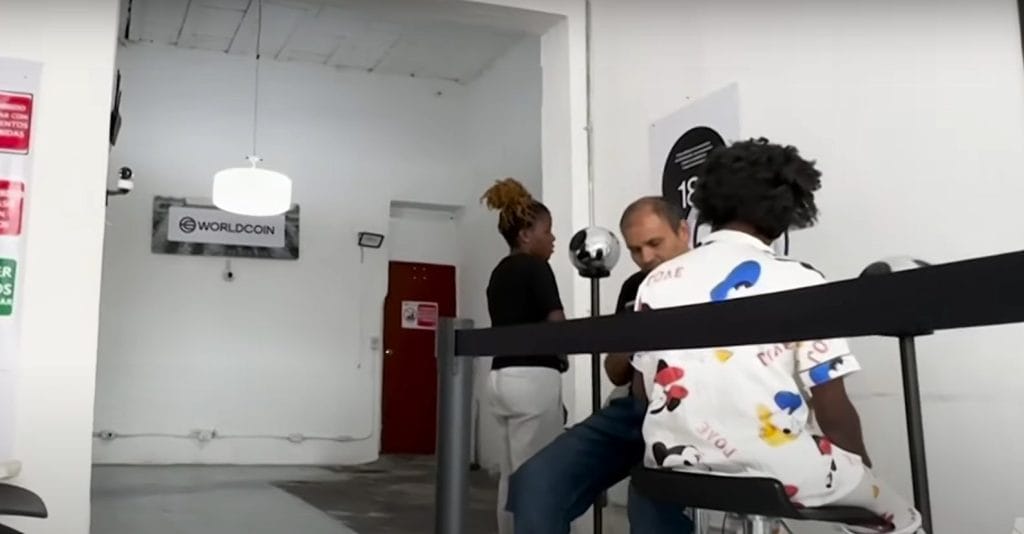
Some claim that third-party agents have exploited immigrants by collecting iris scans but failing to hand over cryptoassets in return.
In April, AFP (via Expansion), quoted a 64-year-old Argentinian martial arts teacher named Juan Sosa as saying:
“[I scanned my iris at a Worldcoin center] because I don’t have a penny, there’s no other reason. I didn’t want to do it. But because of my age, no one will give me work. And I need the money.”
Regulatory and privacy concerns appear to have done little to dent Worldcoin’s progress in LATAM, however. Late last month, Tools for Humanity announced it was expanding into Guatemala.
